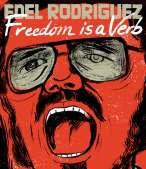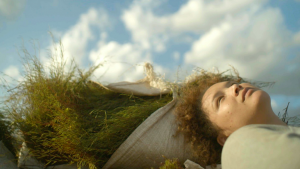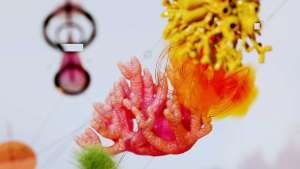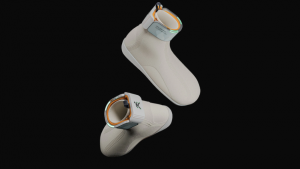
“I knew about corrective rape, but I didn’t know the extent of how the victims are treated through our justice system,” Xolelwa ‘Ollie’ Nhlabatsi told Okay Africa of the inspiration for his short film, Lost In The World. “I wanted to hopefully give some sort of sympathy or some sort of understanding that even though you didn’t get justice, you’re not alone. I wanted this film to embody that ‘Fuck them, kill them all, whatever you need to do to survive.'”
The Johannesburg-based filmmaker’s 2015 offering tells the story of a South African police officer seeking vengeance following the violent rape and murder of her girlfriend. Featuring actress Honey Makwakwa in the lead, it takes the viewer on a dark journey as the protagonist slowly loses her mind and soul to a process of violence and retribution, exposing the horrors of corrective rape.
The barbaric practice in which one is raped because of their perceived sexual orientation or gender identity, is used with the intended consequence of turning the victim heterosexual and making her a “real African woman”. Although statistics for corrective rape have not been compiled nationally, a support group in Cape Town told ActionAid researchers in 2009 they deal with almost 10 new cases every week.
With it’s dark but pertinent theme that hits immensely close to home, Lost In The World offers South African audiences a form of catharsis through reflection – but Nhlabatsi has noticed a reluctance among local viewers. According to him, the film’s reception internationally was far warmer than the one it received in South Africa - something that can be attributed to a lingering stigma surrounding homosexuality in Africa. “South Africans see it as shaming themselves, or guilt tripping themselves, which it is,” Nhlabatsi says. “If you feel guilty, you need to fix that, you need to work on that”
Following Lost In The World’s world premiere at Pretoria’s Independent Mzansi Short Film Festival in July 2015 and its European premiere at Greece’s Thessaloniki International LGBTQ Film Festival in September of the same year, the film had its UK premiere at London’s Film Africa, where it was nominated for the Baobab Award for Best Short Film. In 2016 it was selected to be a part of New Queer Visions compilation as an example of the best pieces of queer cinema from around the world.
You can watch it here and check out the trailer below.






